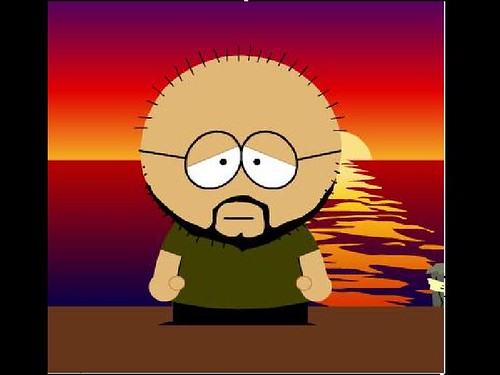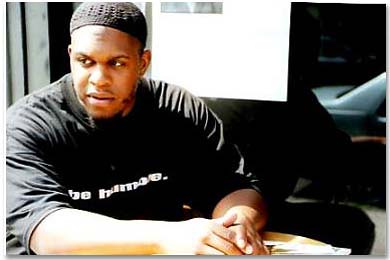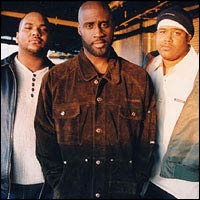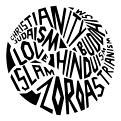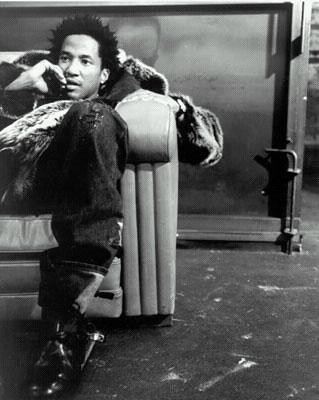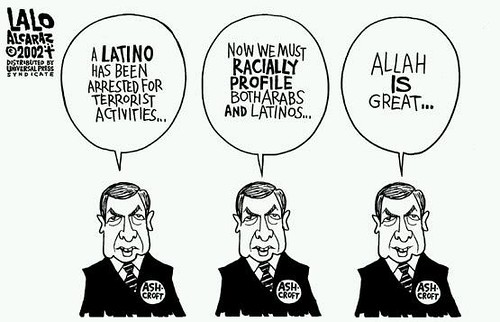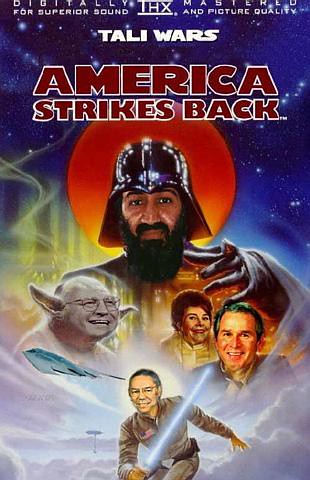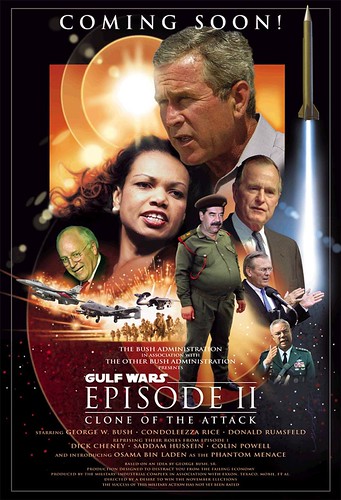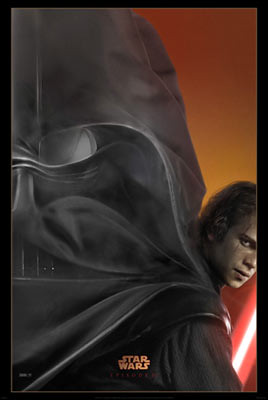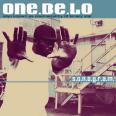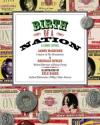Trying to be a Muslim
Not the five, but the hundred percent
I repent, because only God is perfect
I make a mistake, a double-take, a retake,
intake forgiveness, mercy from the Merciful
Never find pork on my fork
or beef on my plate
I relate to all that's in existence
don't give me no resistance
don't test me
the cops, they can't arrest me, because I don't do nothing shady..
Malcolm was played by the Nation
slayed by the Nation
I think we've been delayed by the Nation
A million men facing all in one direction
Common called it resurrection
but I don't see the ascension because
The ghetto is still the ghetto
The man is still the Man
A snake is still a snake do you think you can understand why
The ghetto is still the ghetto
The man is still the man
A snake is still a snake so can you help me understand.
And the rest is hip-hop non-history...
I'm sharing because the 10 year anniversary of the Million Man March is coming up and Farrakhan is planning another gathering on the mall under the umbrella of the Millions More Movement.. And of course, contraversy is already being stirred up about the event.
Abe Foxman of the ADL has called on African-American leaders to reconsider supporting the event because it is being organized by Louis Farrakhan (of the Nation of Islam) and Malik Zulu Shabazz (of the New Black Panther Party) on the grounds that they are anti-semites.
Russell Simmons released a good response which you can read at Adisa's Holla at a Scholar blog.
(Actually, the past couple of entries over there have been really interesting, but anyway...)
The crux of the statement to Abe Foxman is as follows:
Simply put, you are misguided, arrogant, and very disrespectful of AfricanAmericans and most importantly your statements will unintentionally orintentionally lead to a negative impression of Jews in the minds of millionsof African Americans. Similar to how you single-handedly caused millions of persons to flock to see the ³Passion of Christ² in defiance of your call for non-attendance, you are going to precipitate a tremendous negative defianceof your demands that will again severely hurt and harm relations between Jews and African Americans.
You should refrain from pressuring African American leaders to denounce Minister Farrakhan and the Millions More Movement. This commemoration is as a real opportunity for establishing healing, reconciliation and fostering amore effective environment for constructive dialogue between Blacks and Jews. We want a society and world were there is no hatred, anti-Semitism,violence, or poverty.
There is a disturbing pattern, and this is just a recent example, of Jewish Americans condemning certain Black leaders, based on accusations of anti-semitism. From Malcolm X, to Jesse Jackson, to Amiri Baraka, to Stokley Carmichael (Kwame Toure). The accusations are often made based on isolated comments taken out of context. And the accusation of anti-semitism is often used to entirely dismiss and ignore any other significance a person's life might have.
What is also disturbing is the obvious double-standard involved in how American society views racism in its leaders. Senator Trent Lott can look back nostalgically at Jim Crow and the Confederacy without suffering serious political consequences. Senator Jon McCain can use the racist term "gook" without reservation and then refuse to apologize (at first) for it, and he's still considered a highly respected member of congress.
It would be wonderful if we lived in a world where all forms of racism were opposed. But it seems clear that in some cases, outdated accusations of racism are being cynically used in order to silence certain voices. I wonder if there is any prominent Black leader, opposed to the brutal extremes of Zionism, who hasn't also been accused of anti-semitism?
The way Russell Simmons brought up the Passion raised an interesting issue. I'd always thought that Abe Foxman's opposition to Mel Gibson's film seemed in alot of ways, insincere and misdirected. The film was a relatively faithful portrayal of the Biblical account (When Pope John Paul II saw it, he is reported to have said "It is as it was"). In any case, the portions of the movie which Foxman and the ADL objected to, are based on passages which are ACTUALLY found in the Bible. So if the movie is really anti-Semetic, then ultimately so is Biblical Christianity. And if that's the case, then protesting and criticizing a beloved Christian film is like using a flyswatter against an elephant. You are only going to make him mad.
By the same token, if having the Black community come together in D.C. means embracing the entire ideological spectrum of Black organizations and movements (which obviously includes the Nation of Islam and the New Black Panther Party) and Abe Foxman actually expects Black leaders to disown Farrakhan on his say so, he is only going to make the elephant mad.
Now with that said, of course there are disagreements between orthodox Muslims and the Nation of Islam, and even between the original Black Panther Party and the so-called New Black Panther Party.
And there is certainly room for us to criticize the organizers of the Millions More Movement on our own terms, and for own reasons, but it is counter-productive to do so because outside organizations command it.
.....
Here is an interesting 1998 interview with Mos Def in the San Francisco Bay Guardian about Khalid Muhammad and one of the Million Youth Marches
